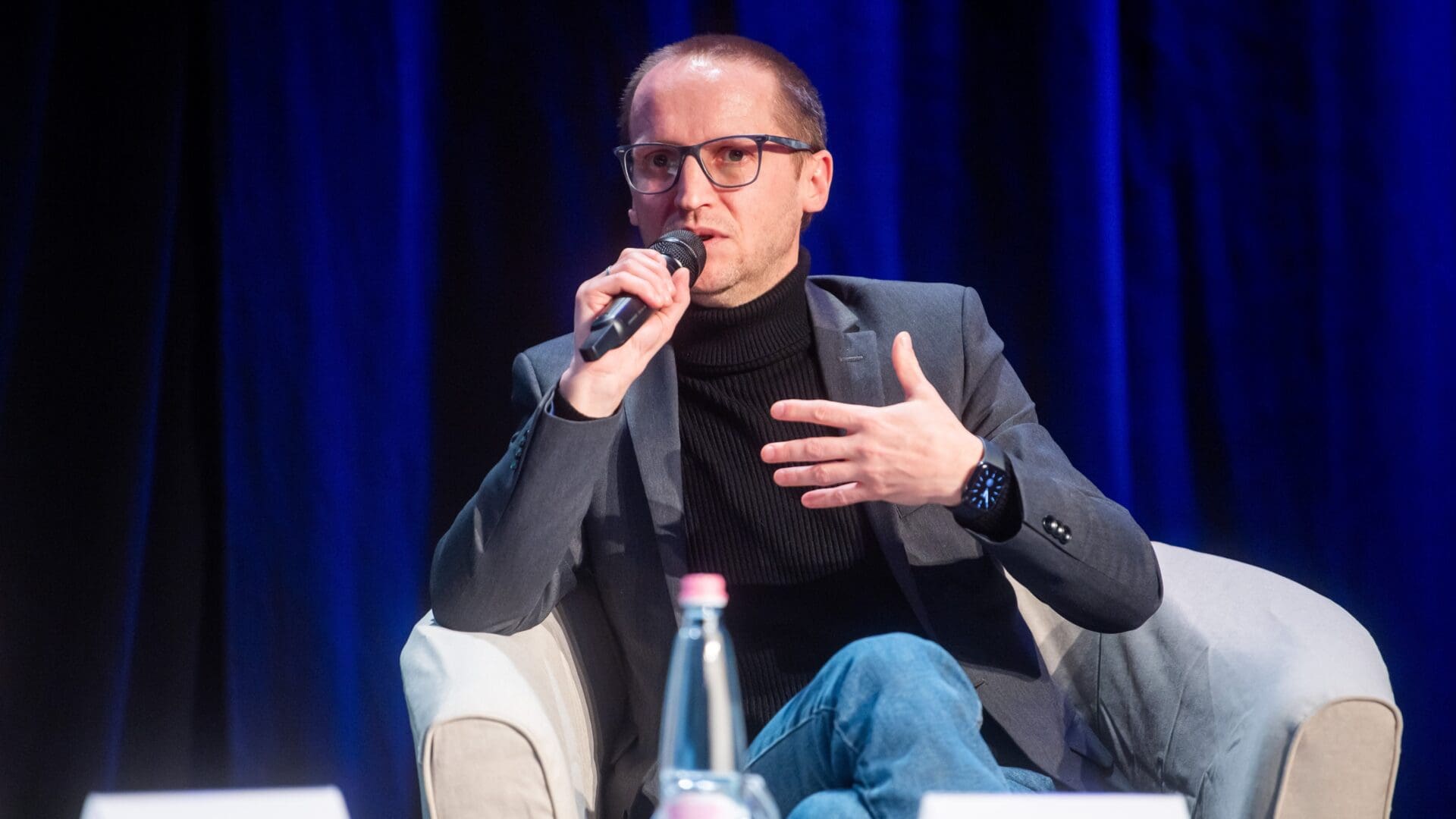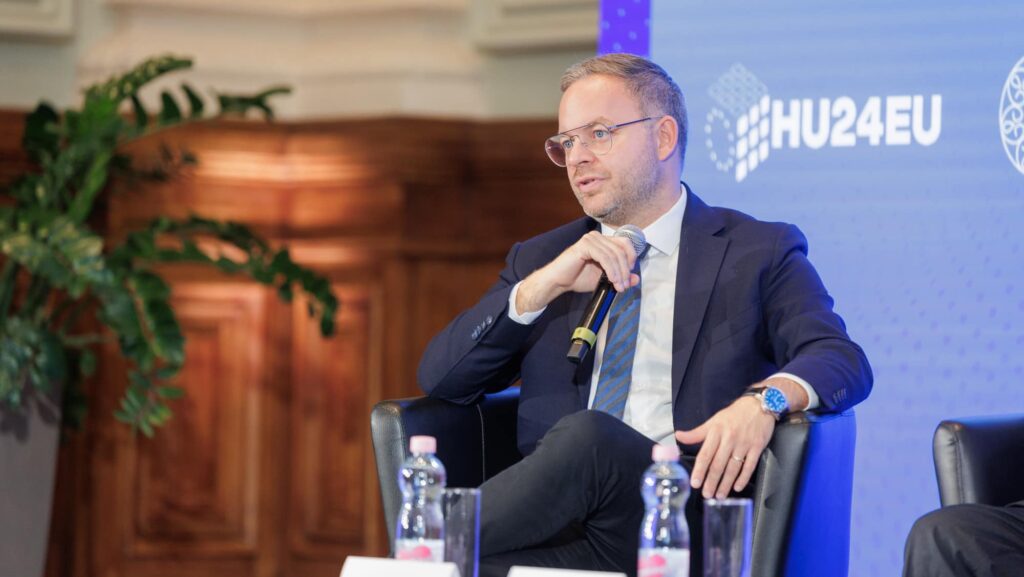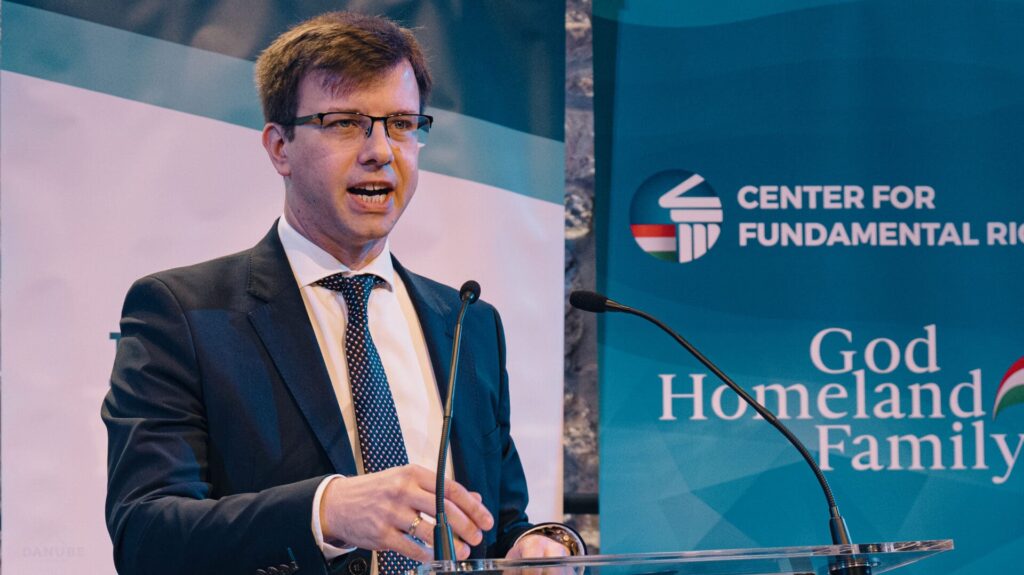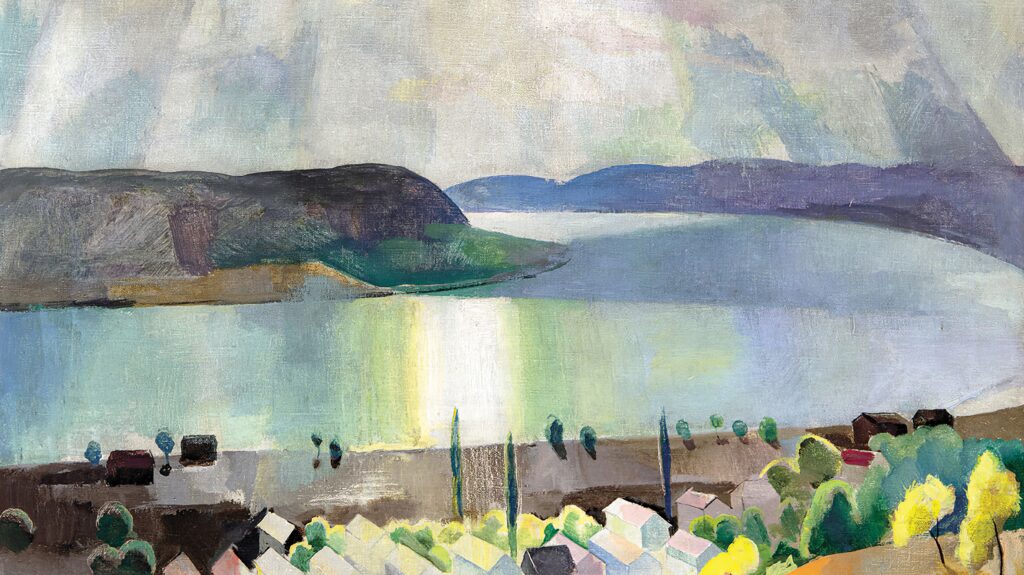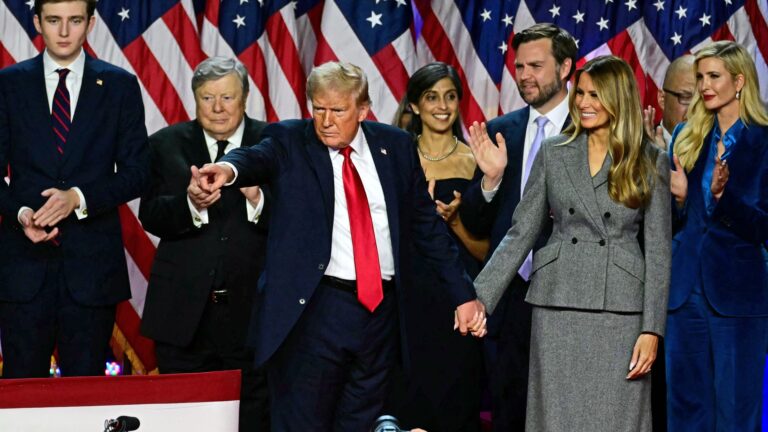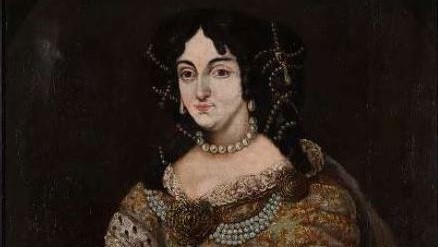Szilárd Demeter, the recently appointed director of the Petőfi Literary Museum, emphasized on Thursday on public Kossuth radio that the coordinated collaboration of museums is the task that demonstrates the transmission of Hungarian national cultural identity in its unity.
Szilárd Demeter, who will take office as the director of the Hungarian National Museum on 6 March, characterized the collaboration with the phrase ‘strength together’. He emphasized that coordinated cooperation would result in the Museum of Applied Arts, the Hungarian Natural History Museum, the Hungarian National Museum, the National Széchényi Library, and the Petőfi Literary Museum joining forces in serving audiences and engaging in museum education and knowledge transfer,
which can demonstrate Hungarian national cultural identity in its unity.
He confessed that he does not like the logic that has characterized the art world in recent decades, according to which writers, visual artists, and musicians are separate, and there is difficulty in transition between them. This does not bode well because culture is a unified whole, he pointed out, adding that in the 1970s and 1980s, this worked much more naturally and organically in Hungary. The Hungarian National Museum is not an institution that merely preserves dusty objects but rather a centre of knowledge, and it is a good task to demonstrate the diversity, unity, and complexity of this knowledge, he emphasized. Looking to the future, he would most like to see a scenario where ‘if you ask anyone on the street, ten out of ten Hungarians could very precisely articulate what the Hungarian National Museum is, and why it is worth going there’.
Responding to a question regarding his revolutionary proposal, Demeter explained that in 1802, Count Ferenc Széchényi offered his book collection to the Hungarian nation. At that time, Kazinczy wrote his competition piece arguing for the suitability of the Hungarian language as the language of administration and the arts, which was written at a time when Vienna sought to Germanize its empire. So there was a linguistic turn, and the rooting out of native language culture began, Demeter reminded, adding that when the former director left,
discussions regarding the identity of the Hungarian National Museum began,
seeking to answer what a national museum could be about if it were founded now.
He underscored the current situation, that it, that our cultural heritage is now scattered, in a state of weakness, outsourced to various institutions. ‘My revolutionary proposal was about restoring into unity what had been originally founded as such,’ he concluded.
Read more:
Sources: Hungarian Conservative/Kossuth Radio/MTI

